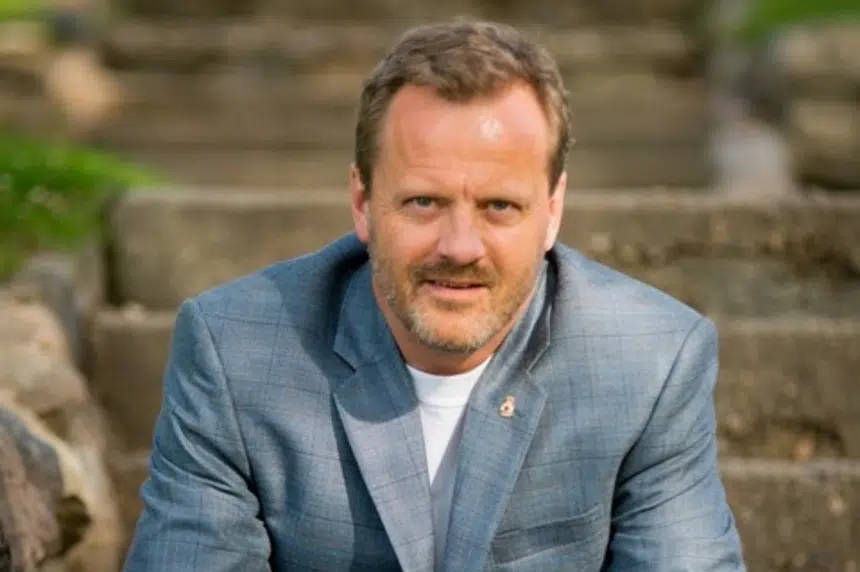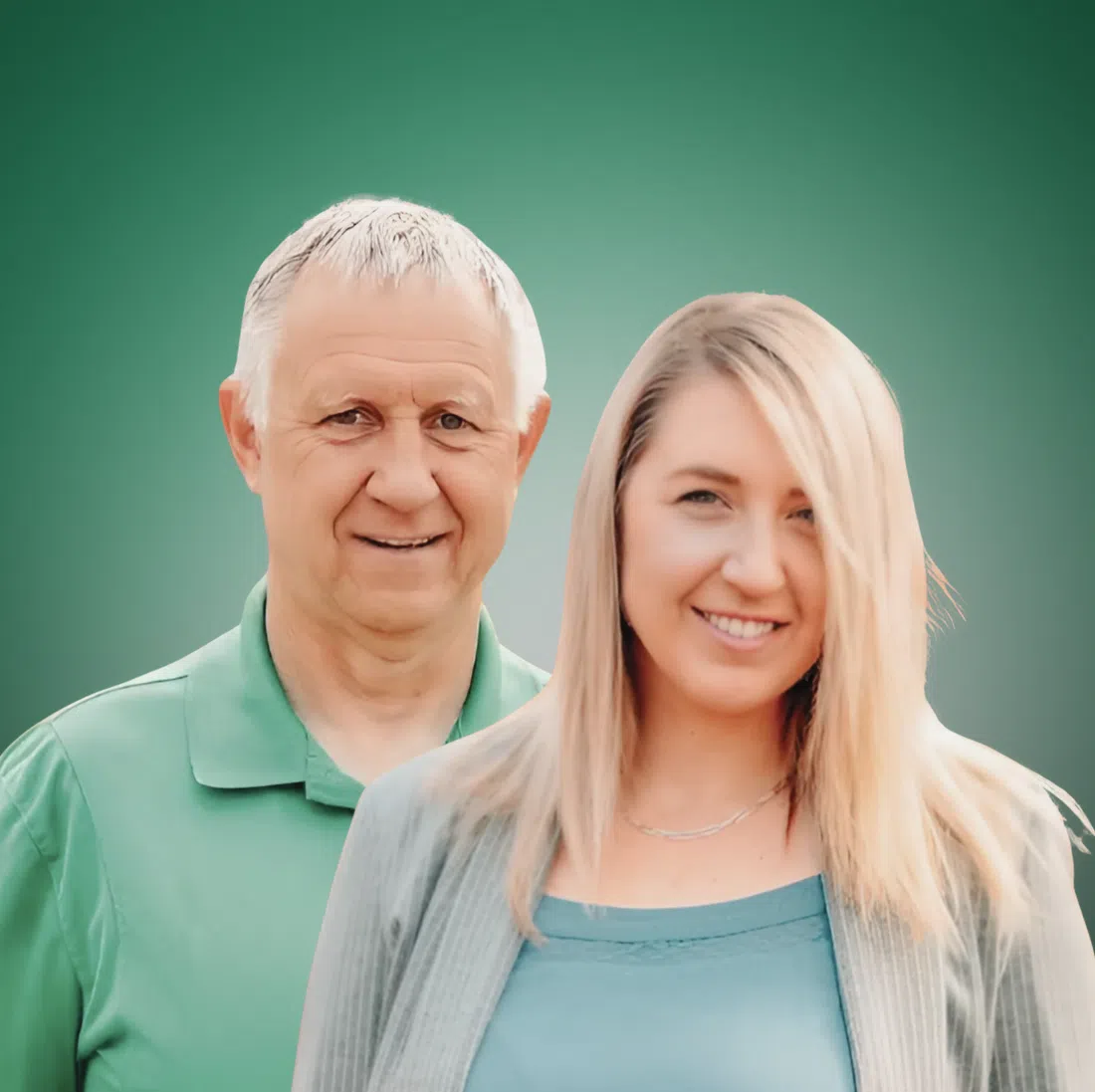Cary Tarasoff’s background is full of experience that runs a varied gamut; it includes a Bachelor of Science in Geography, he’s a registered Community Planner, and an architectural technologist, making him a registered draftsman.
Tarasoff also is a former military officer, with training in nuclear, biological and chemical defence at CFB Cold Lake, Alberta.
He was born in Saskatoon where he attended public school. He began working at the age of 16 and also attended university, then left to become a military pilot.
“I was off for a number of years, got married, life took over and then we moved back here in ’99. So, my family- my two sons are both grown and both live in the city, and it’s just my wife and I,” says Tarasoff.
So, why does Tarasoff want to become mayor?
“I’ve got a track history working on extensive projects and working with people that are very motivated operationally. And when I look at what’s going on with the city for a number of years, lacking leadership at the top is the key component. And I believe that all the experience I have, and education I have, make me a very good candidate to take control of some of this, and to help lead council into better decisions,” he explains.
His platform includes cutting big expenditures in the city, and he says at this point future financial projections can’t be very accurate because of the fiscal uncertainty due to the pandemic.
“Tighten up and hold on to everything for the moment, until a clearer picture is shown. And also a little bit of time to see what’s going to happen with this pandemic. Is it going to recede on its own? Or, are we actually going to be living in this for years and we have to consider how to operate long term?”
Those expenditures include putting a halt to the new downtown public library.
“The other day, mayor Clark said that the library’s already spent tens of millions of dollars. They haven’t just barely even started drawing, so I’d like to know where they spent all of this money already?”
Tarasoff says large expenditures cut into the city’s debt ceiling, and access to borrowing will be needed if there’s a critical infrastructure failure in the future.
“Right now, they’re (council) not taking these things seriously,” he adds.
As for potentially moving rail lines in the city, Tarasoff says the key is to engage CN and CP so that they can come to the table with plans they are interested in. Conversations can be had about a new downtown arena, but that too is something to be considered if and when the city recovers from pandemic- related debt.
As far as safety and policing, he believes addressing the quality of life for those who are marginalized would go a long way toward addressing crime rates.
“If people have a better place to live and they actually have a job, they’re less likely to be involved with crime and it’s easier to keep youth out of crime if their families aren’t so devastated by things. Right now, we do not even come close to hitting our infill housing targets or our attainable housing targets. Dramatically we’re failing that.”
And he adds that police alone can not solve all of the issues because every situation is different. He believes that police should not solely be used for mental health calls, meaning there needs to be more treatment and addictions resources available.
When he’s not campaigning, Tarasoff has a number of hobbies, including helping a friend rebuild a P-51 Mustang – and he likes to sew.
“I have an industrial sewing machine and I find that enjoyable. I used to do a lot of other things like painting. I have a 3D printer and I’ve got a patent- I’ve got a few other things that someday I might go out for a patent for.”
With his wife, together they also do some charity work. He also works mainly from home and has done so for years. So, when the pandemic hit, he already had everything he needed to maintain work productivity.
His hero, he says, is Abraham Lincoln.
“As a kid, I became fascinated with him. As a kid, we took a trip and drove through Tennessee… and actually went to plantations…. and it really resonated with me. A kid I went to school with – him and his family went to Washington, D.C. and he went to the Lincoln Memorial and he actually bought a postcard of it and sent to me, of the Lincoln Monument. I still have it somewhere.”
Lincoln’s strength, hard work and resilience are qualities he also sees in Saskatonians.
“We’ve lived through hard times….and I do think the Saskatchewan people you know they keep a couple of extra cans of food in their pantry and they remember the days either from the farm or where ever when you had a snowstorm. Same with Saskatoon. I think that helps us. I think we’re going to come through it (pandemic) as a unit.”











